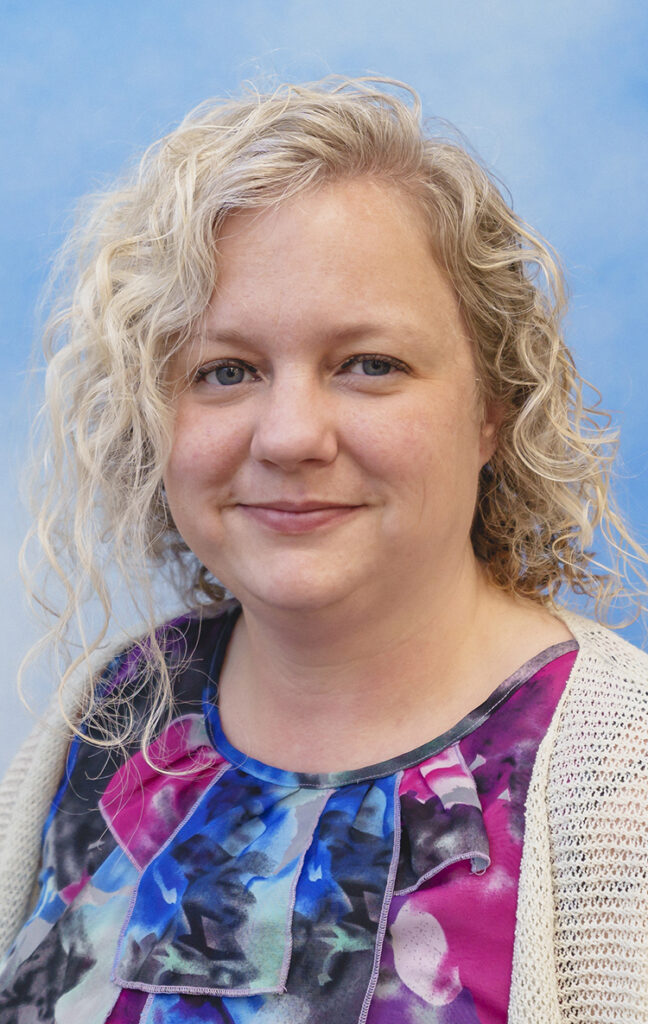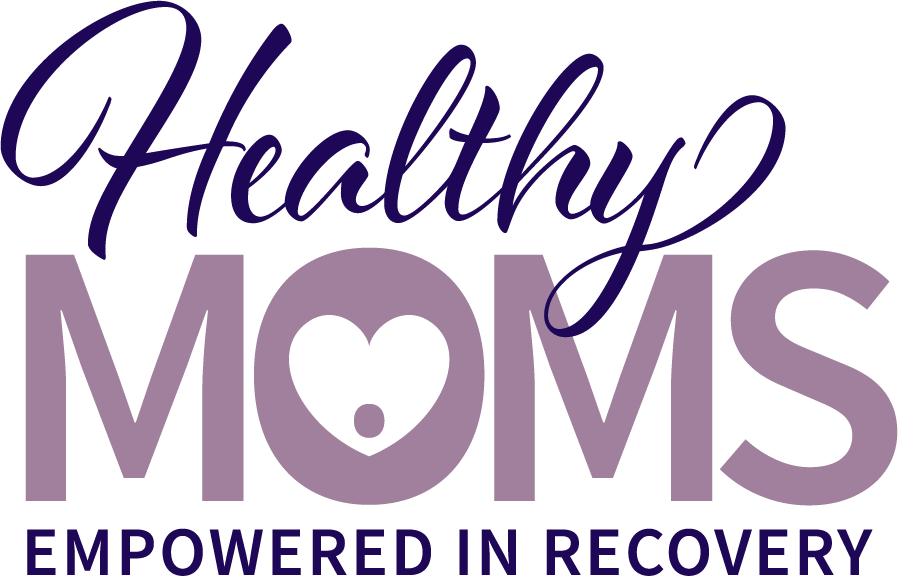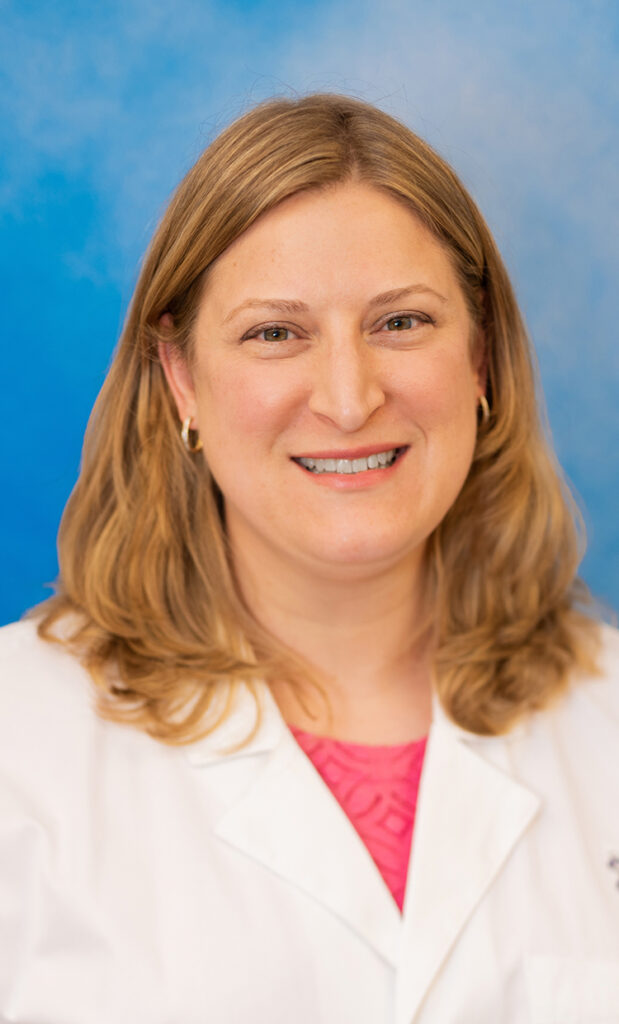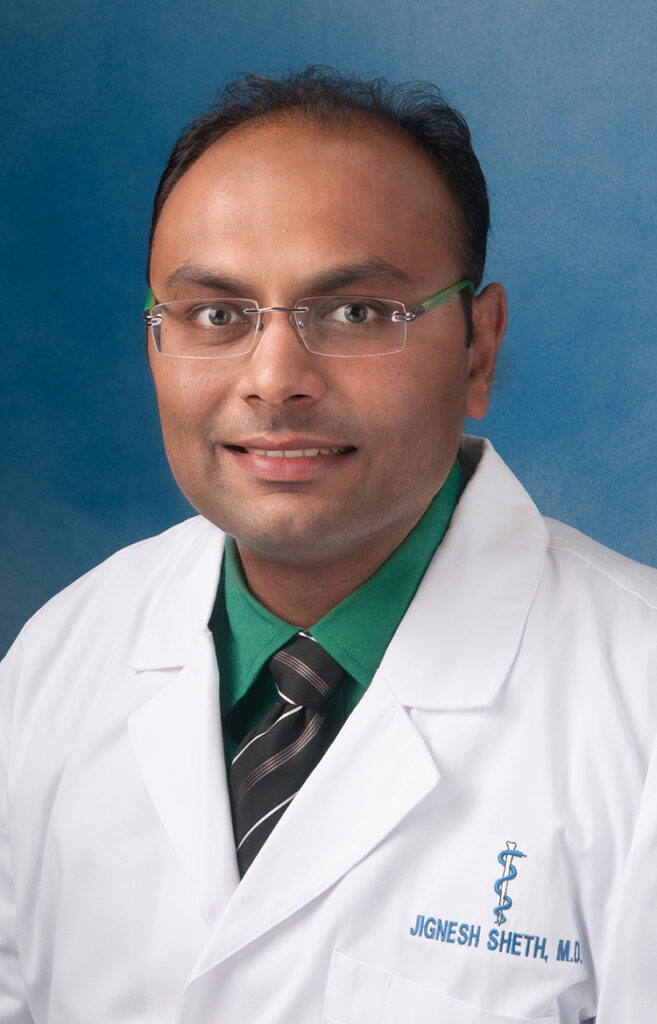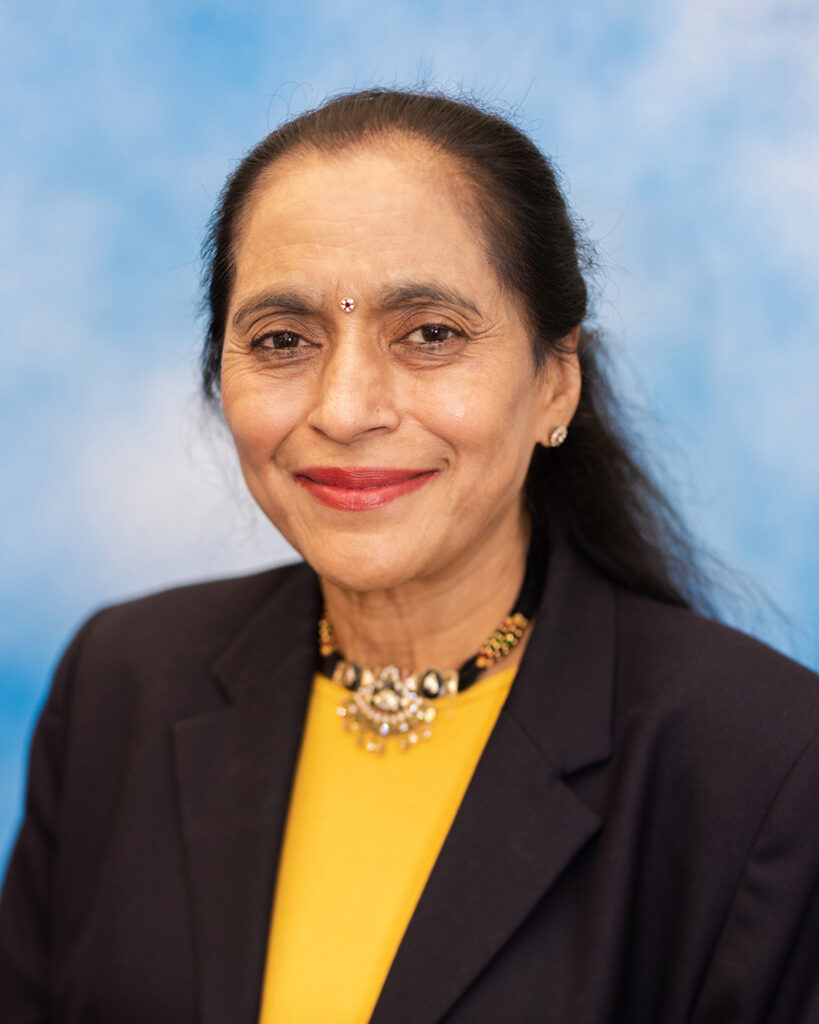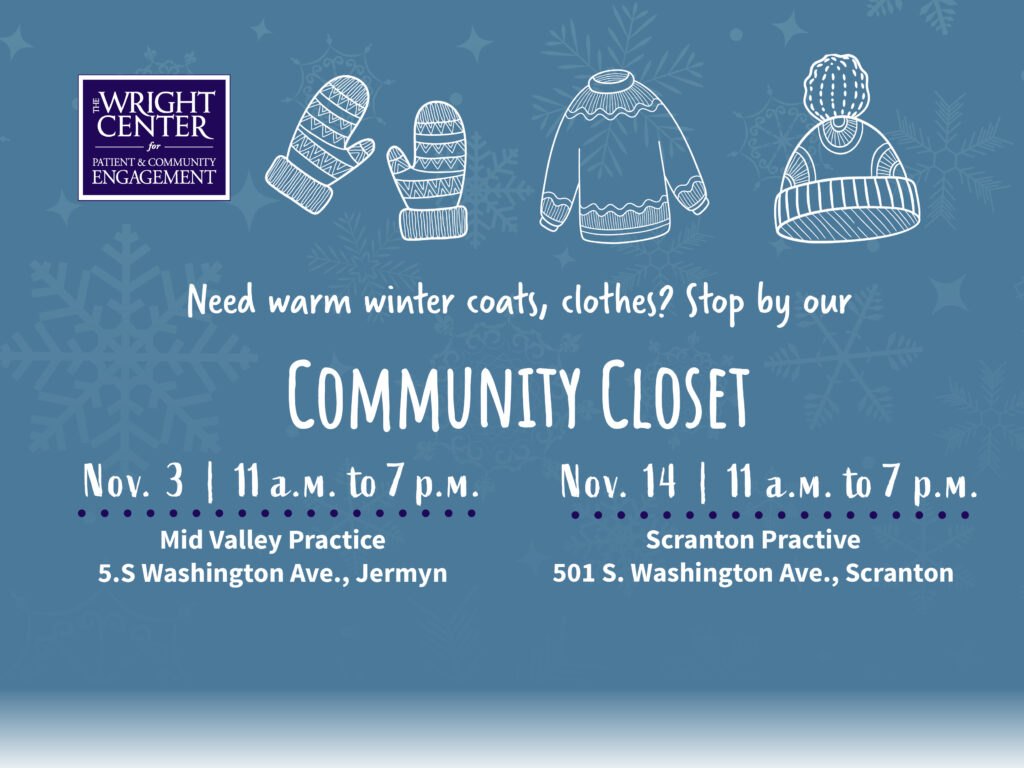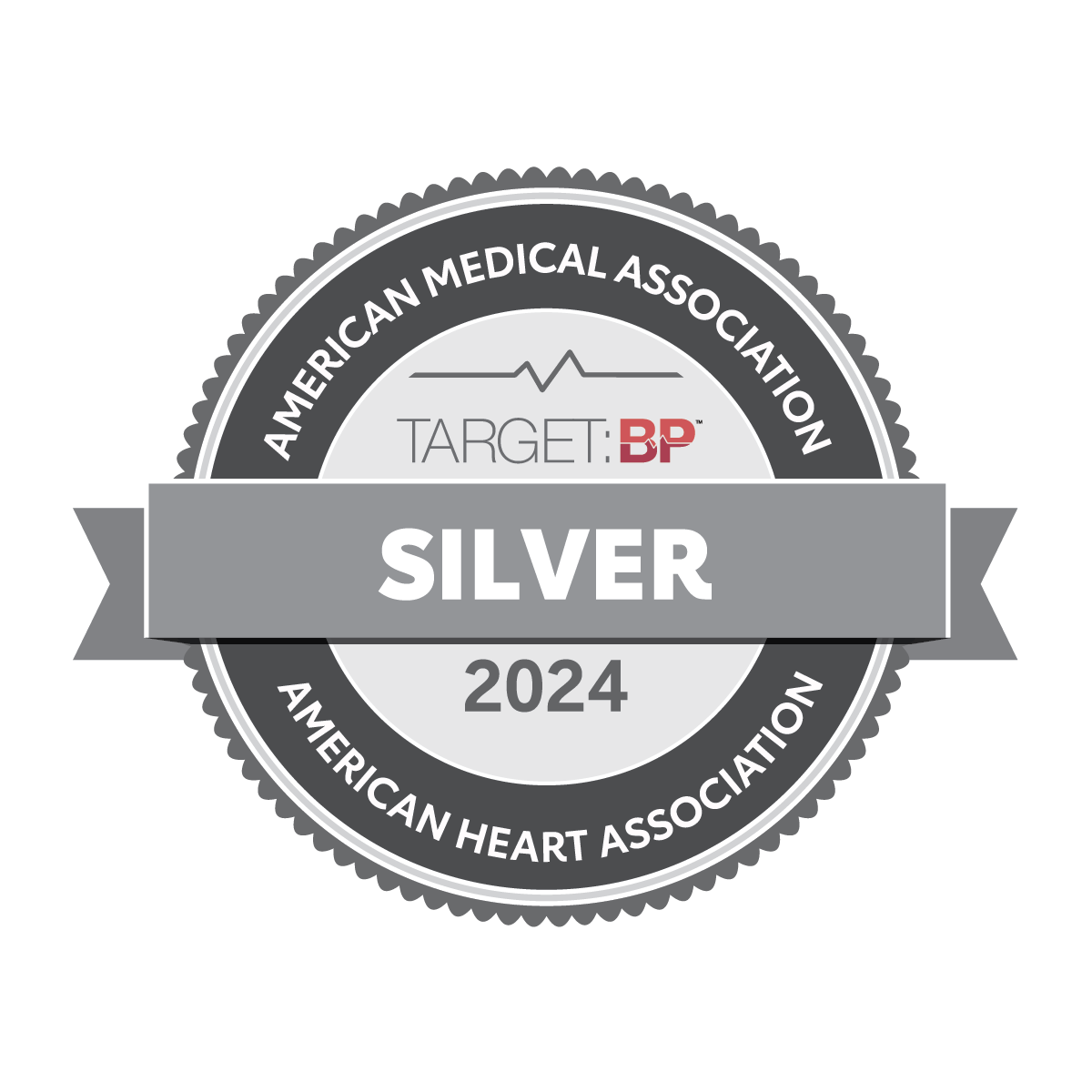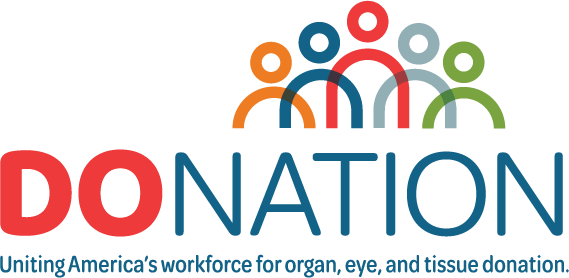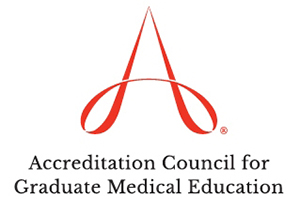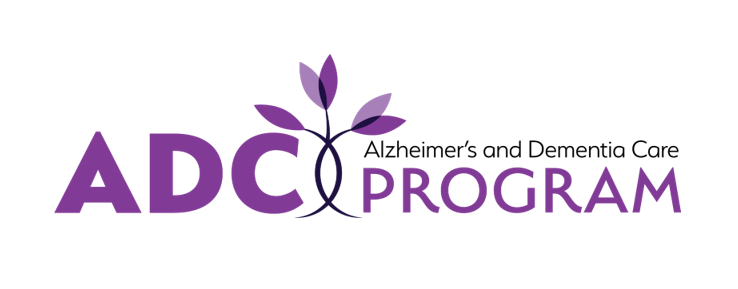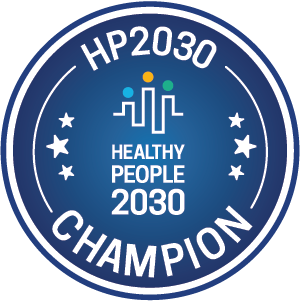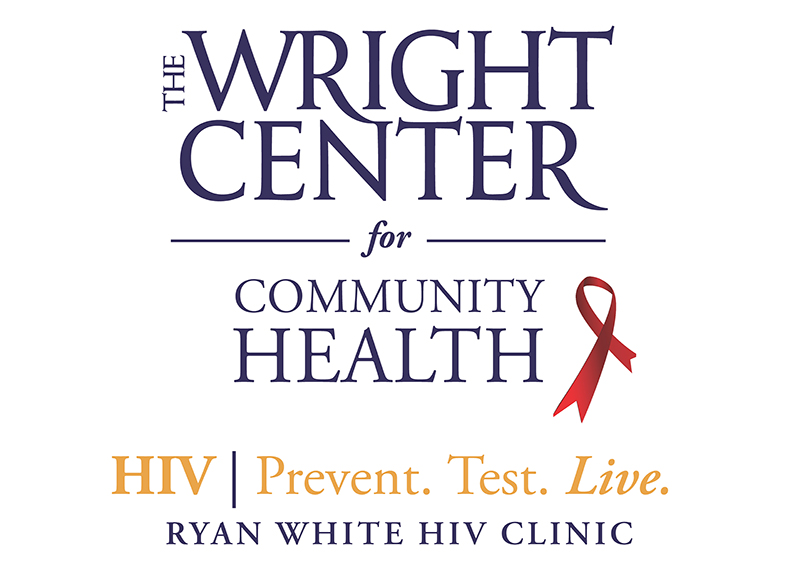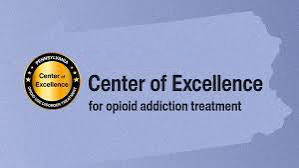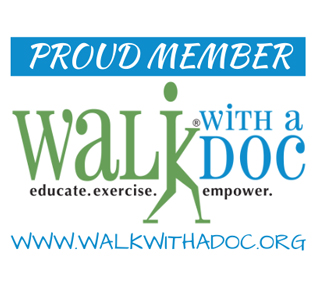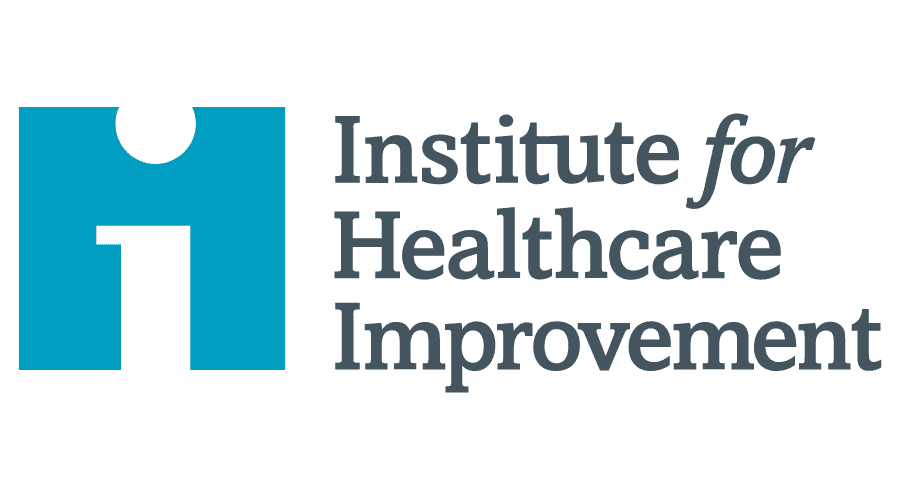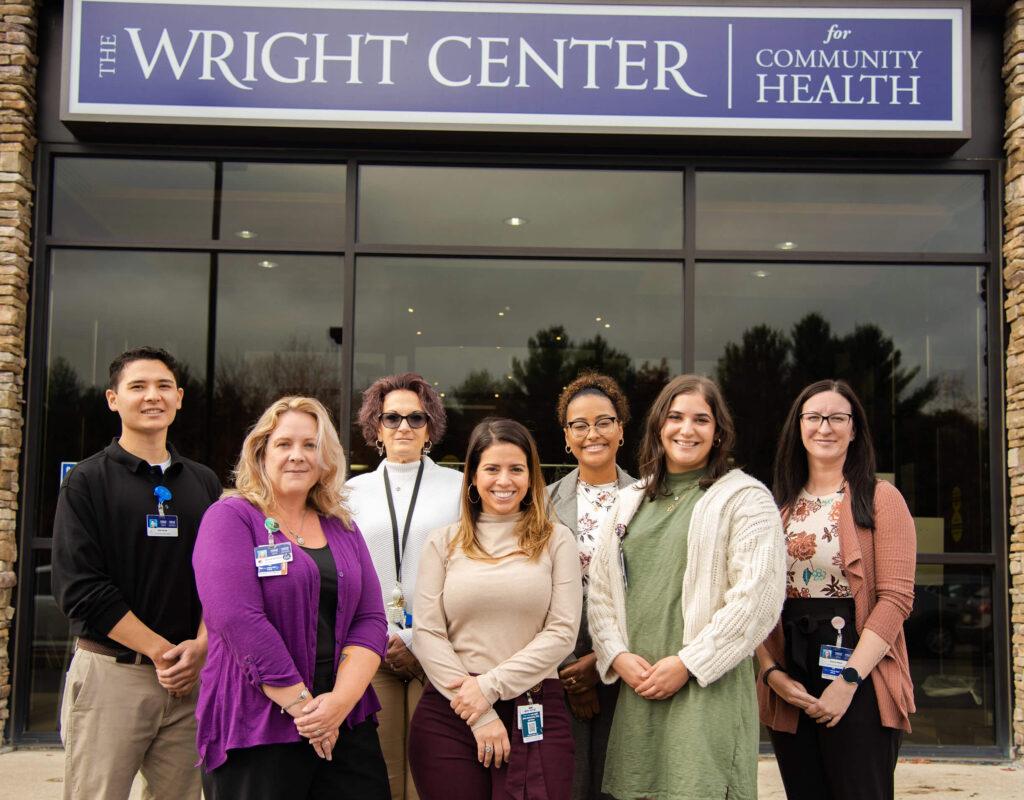
Community health workers play a vital role in improving the health and welfare of The Wright Center for Community Health’s patients. Community health workers at The Wright Center, including, first row from left, Bonnie Dunleavy, CCHW; Amanda Vommaro, CCHW; and Julie Makhoul; second row, Nick Sardo, Michelle Kobeski, Scarlet Pujols Recio and Stacey Major.
Wright Center utilizes emerging professional field to address the needs of patients
One of the fastest growing, most in-demand roles in health care today is one many people have never heard of: Community health worker or CHW.
A community health worker’s role can best be described as part social worker, part counselor and part advocate, with perhaps a sprinkle of magician thrown in, which would explain their ability to solve many of a patient’s most pressing problems.
For example, community health workers are deeply familiar with the social services network in a particular geographic area and can usually assist a patient with securing life necessities – such as temporary housing, utility assistance, transportation to medical appointments, insurance, food or clothing – when the patient previously had been uncertain where to turn or got stopped by roadblocks in the system.
“This is a good first step for a career in health care,” said Amanda Vommaro, CCHW, director of patient-centered services and supervisor of the community health workers at The Wright Center for Community Health. “It’s more like a social worker. You help people take care of their social needs so they are better able to prioritize and take care of their medical needs.”
Employment of community health workers across the United States is projected to grow 12 percent between 2021 and 2031 – much faster than the average for other occupations, according to the U.S. Bureau of Labor Statistics.
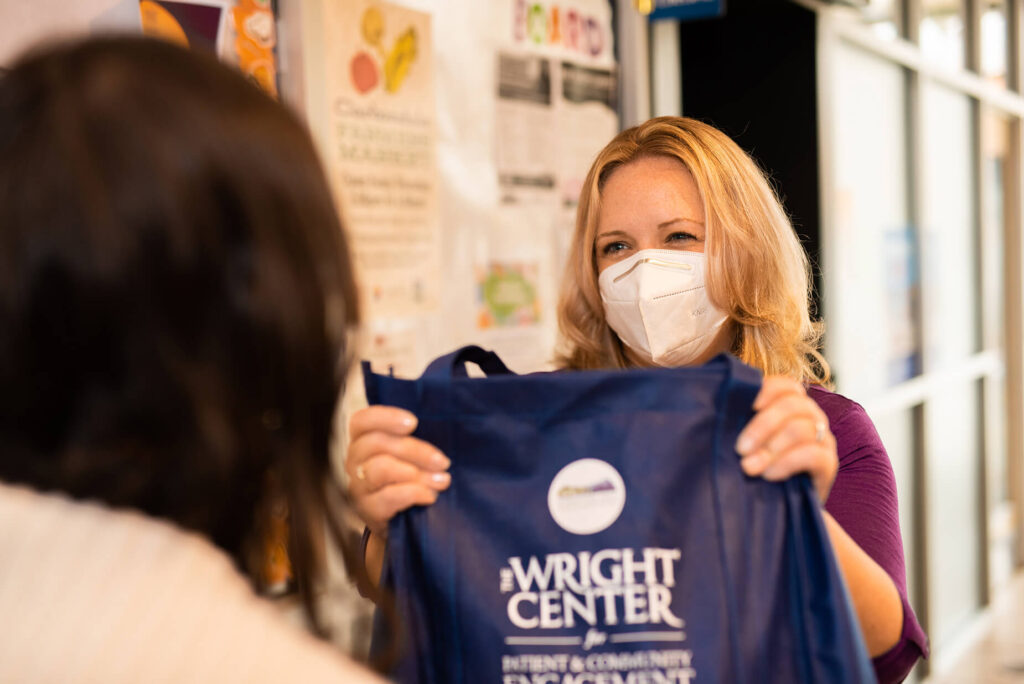
Bonnie Dunleavy, CCHW, a community health worker at The Wright Center for Community Health Mid Valley Practice, assists a patient.
To help address the shortage, the Pennsylvania Area Health Education Center (AHEC) offers a 100-hour training program that is designed to provide the core competencies needed for work in community-based and inpatient settings. Community health workers typically need a minimum of a high school diploma. They must complete the required training offered by an institution such as AHEC as well as extensive on-the-job training at a facility such as one of The Wright Center’s primary care practices.
The Wright Center has hired five community health workers in 2022, and another three CHW candidates are currently completing their training.
The training provides comprehensive information about how to efficiently connect patients to appropriate health care and other social and community resources that are specific to the training site location, be it a rural community like Jermyn or urban center like Wilkes-Barre.
“We work with local food banks and shelters, public transportation and housing services, and other organizations to help people in our communities,” said Vommaro, “people who are our neighbors.”
The Wright Center and The Northeast Pennsylvania Area Health Education Center have formed a strong collaborative relationship to continue to recruit, train, and certify community health workers from the region to serve the local community. Candidates are being sought from across The Wright Center’s five-county service area, including places such as Greater Scranton, the Wilkes-Barre area and Hazleton. Professionals who are bilingual are especially in demand.
These front-line public health workers assist in improving the quality of care and breaking down common barriers to treatment. Overall, they can improve health outcomes and save money by acting as a bridge between patients and the health care and social service systems. By building trust with patients, they learn about their lives, their resources and needs, and the barriers they face to being as healthy as possible.
For instance, community health workers can help patients understand their health insurance options and navigate the application process, or help elderly patients secure needed durable medical equipment that they otherwise could not afford.
Bonnie Dunleavy, CCHW, spent more than 20 years working in health care before becoming a community health worker in 2018. “I started doing this before it became a position,” she said. “I really am a people-person. I always liked helping people, to try to figure out solutions to their problems and make a difference in their lives.”
One of the biggest challenges that both Dunleavy and Vommaro see among their patients is finding affordable housing.
“There is such a lack of public housing,” said Dunleavy, who uses every resource available to her to secure a safe, warm bed at night for her patients. “With the cost of rent, the cost of inflation, more and more people are finding themselves being evicted or they are choosing to live in their cars.”
Most people faced with this dilemma will try to live with family or friends for a while, bouncing from home to home, Dunleavy said. Others go to shelters, which begin to fill up during the cold-weather season. “We need more resources out in the community to assist people,” she said. “But we are doing the best with what we have.”
Dunleavy and Vommaro are currently among more than 500 community health workers employed in the Keystone State, according to information released in September 2022 at the inaugural Pennsylvania Community Health Worker Conference in Boalsburg.
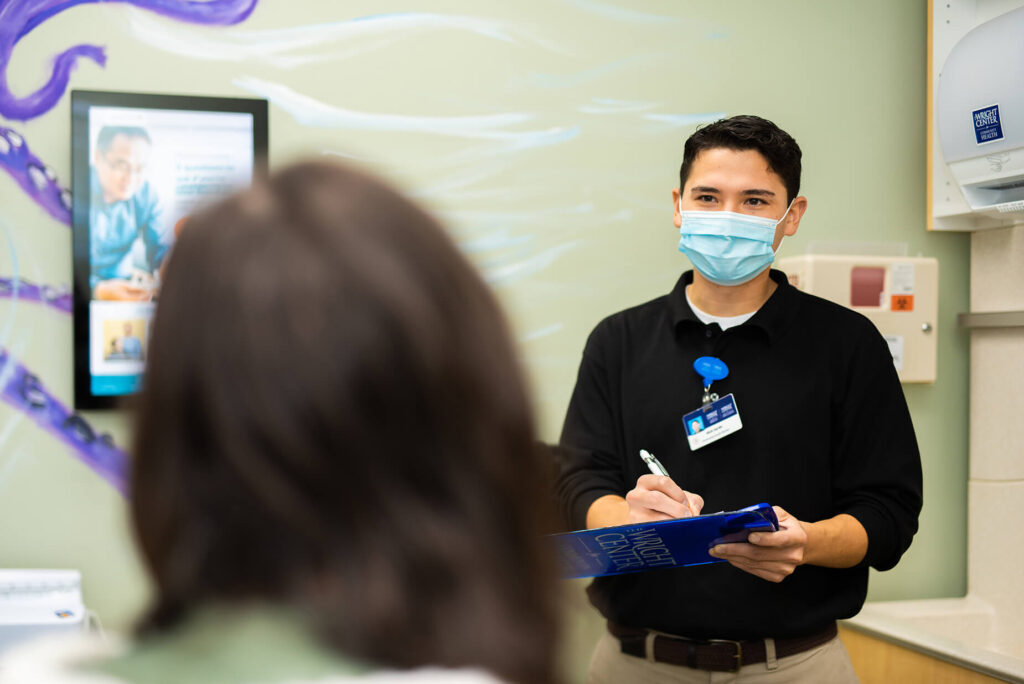
Nick Sardo, a community health worker at The Wright Center for Community Health Mid Valley Practice, takes notes while talking to a patient during a recent visit.
Dr. Linda Thomas-Hemak, president and CEO of The Wright Centers for Community Health and Graduate Medical Education, views community health workers as a key to providing whole-person primary health services because they help to identify and resolve social and economic issues a patient might be experiencing outside the clinic, such as food insecurity or lack of adequate housing. Through their efforts, the CHWs are helping entire families and connecting formerly marginalized populations to the affordable, high-quality health services they deserve.
“Community health workers are essential members of our provider care teams who elevate our efforts to promote wellness and resiliency; to increase utilization of preventive services; and to better manage chronic illnesses,” Thomas-Hemak said. “These passionate and talented, front-line public health workers are trusted members of our team and the communities they serve.”
For more information about the role of community health workers or to apply for a training course, visit www.pachw.org/education-training. Current community health workers can apply for open positions at The Wright Center for Community Health by visiting TheWrightCenter.org/careers.
